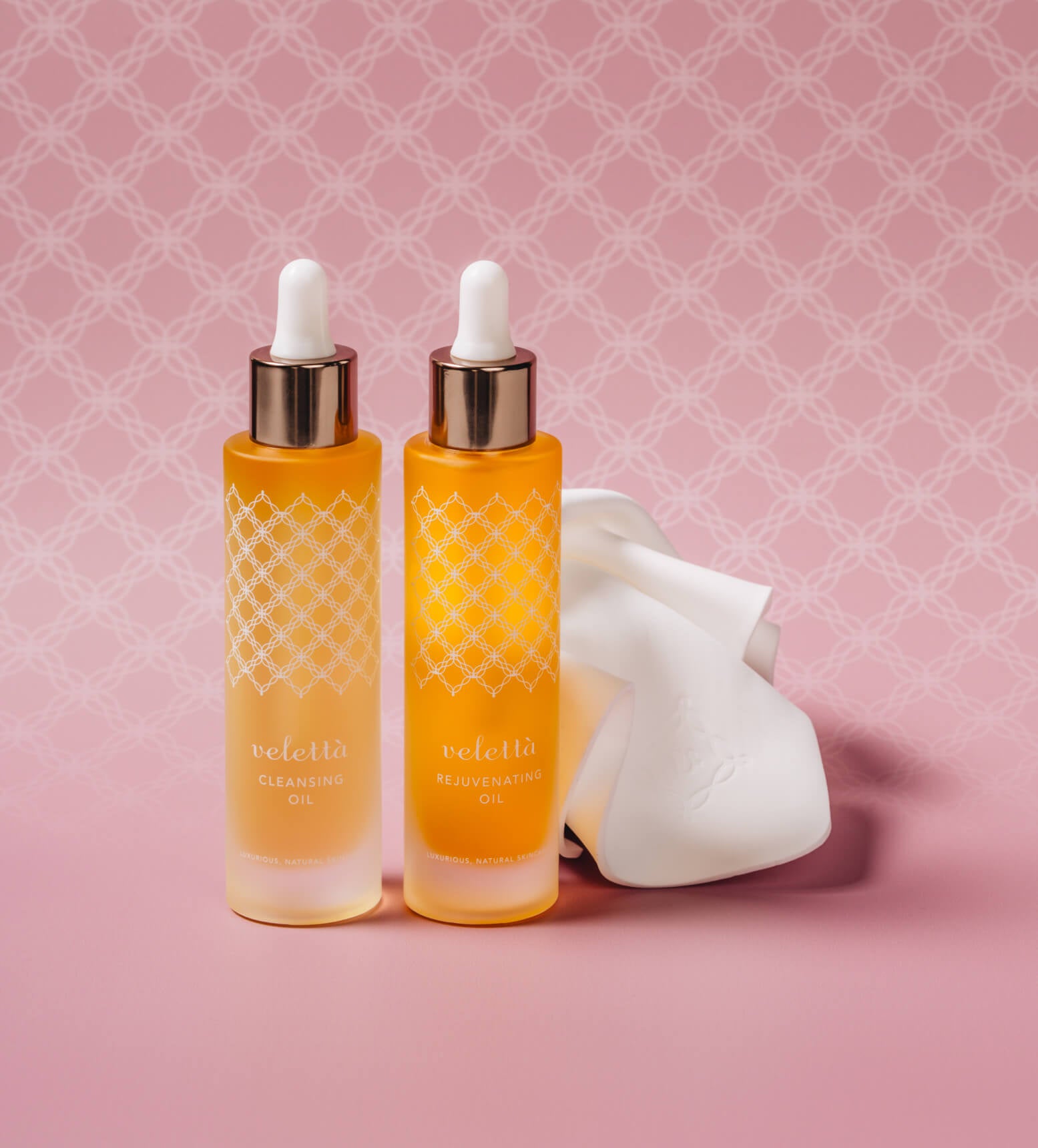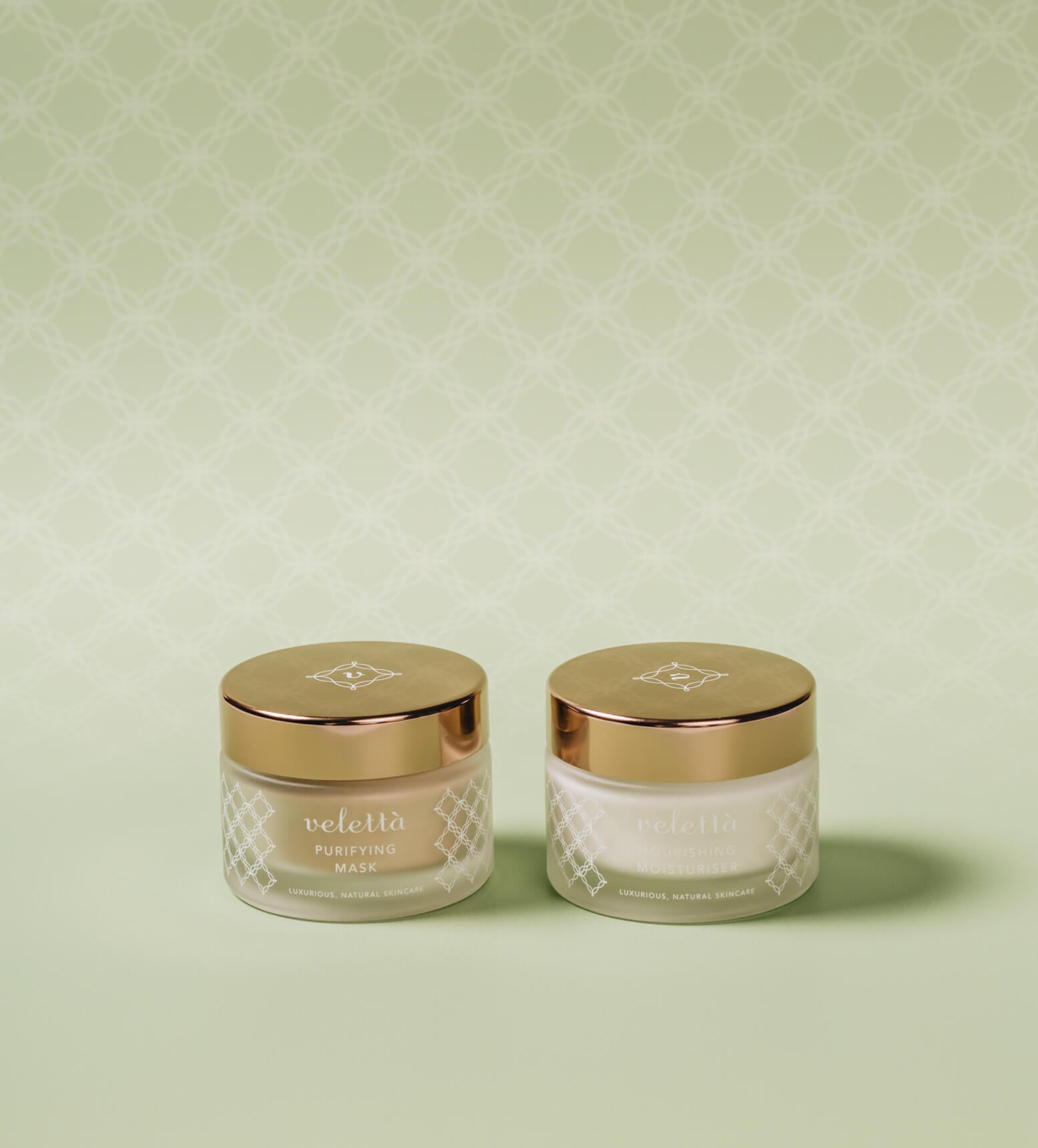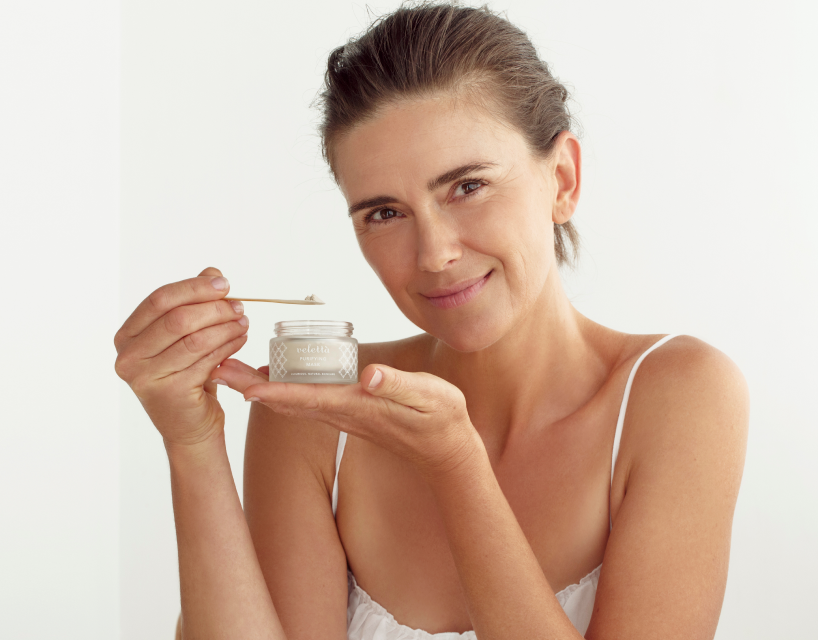Sunscreen is a cornerstone of effective skincare. Its daily use protects the skin from harmful ultraviolet (UV) radiation, which is the leading cause of premature aging, hyperpigmentation, and skin cancers such as melanoma, basal cell carcinoma, and squamous cell carcinoma. While many prioritize skincare products for hydration or anti-aging, consistent sunscreen application is arguably the single most impactful step to maintain long-term skin health.
The Role of UV Radiation in Skin Damage
UV radiation comprises two main types: UVA and UVB rays. UVA rays penetrate deeply into the dermis, accelerating skin aging by breaking down collagen and elastin. UVB rays primarily affect the surface of the skin, causing sunburns and playing a significant role in the development of skin cancer. Both types of rays can damage the DNA of skin cells, increasing the risk of genetic mutations that lead to cancer.
Choosing Between Chemical and Barrier Sunscreens
There are two main types of sunscreens: chemical and barrier (also called mineral) sunscreens.
-
Chemical Sunscreens: These contain active ingredients like avobenzone, oxybenzone, or octinoxate, which absorb UV rays and convert them into heat, preventing skin damage. They tend to be lightweight and transparent, making them a popular choice for everyday use, particularly under makeup.
-
Barrier Sunscreens: These use physical blockers like zinc oxide or titanium dioxide to deflect and scatter UV rays away from the skin. They are ideal for sensitive skin and provide immediate protection upon application. However, they can feel heavier on the skin and may leave a white cast.
Ultimately, the best sunscreen is one you will use consistently. Those with sensitive skin, young children, or allergies to chemical filters often benefit from mineral sunscreens, while others may prefer the lightweight feel of chemical sunscreens.
Tips for Effective Sunscreen Use
To ensure your sunscreen is working optimally:
- Apply Generously: Use about a teaspoon of sunscreen for your face and neck and enough to cover all exposed areas of the body.
- Apply Early: Chemical sunscreens require 15-20 minutes to activate, while barrier sunscreens work immediately.
- Reapply Regularly: Reapply every two hours, especially after swimming, sweating, or towel drying.
- Combine Protection: Sunscreen alone is not enough. Wear protective clothing, hats, and sunglasses, and seek shade during peak sun hours.
- Choose Broad-Spectrum and High SPF: Look for labels that specify "broad-spectrum" protection and aim for SPF 30 or higher.
Why Velettà Skincare Does Not Include SPF
While some skincare brands incorporate SPF into their products, Velettà believes this approach does not provide adequate sun protection. The SPF levels in most skincare formulations are insufficient because the recommended amount for effective coverage (a teaspoon for the face and neck) is rarely achieved. Including SPF may also encourage users to skip a dedicated sunscreen step, leaving their skin under-protected.
Instead, Velettà focuses on formulations that nourish and repair the skin while encouraging users to layer sunscreen as a separate, robust shield against UV damage. This approach ensures that your skin benefits fully from both skincare and sun protection without compromise.
Daily sunscreen use is non-negotiable for healthy skin. Whether you choose a chemical or barrier sunscreen, the key is consistent application and reapplication. By combining high-quality skincare like Velettà with dedicated sun protection, you can maintain radiant, healthy skin for years to come.







